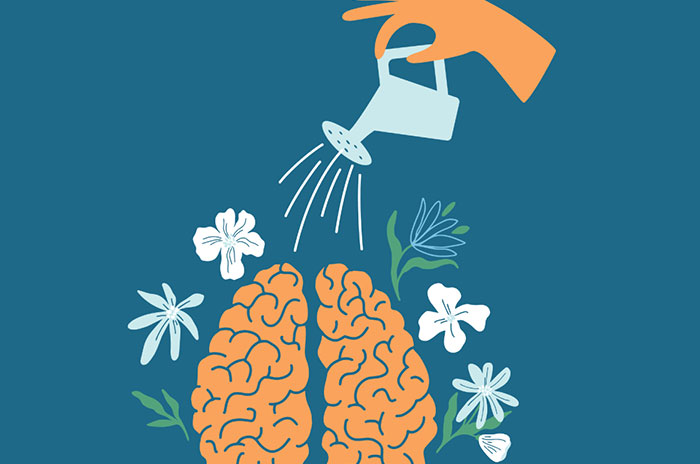Stress can affect our physical and mental health in many ways. Constant stress can lead to problems including high blood pressure, heart disease, obesity and diabetes. Research suggests stress can also affect our urologic health.
For instance, stress can increase the chances of developing a urinary tract infection (UTI). That’s because when we are stressed, our bodies release a hormone called cortisol. This reduces our immune response, which can lead to UTIs.
Stress can result in the need to urinate more often. Being very anxious and stressed can trigger your body’s “fight or flight” response. This can lead to urinary urgency, frequency and urine leakage. Stress may cause flare-ups of interstitial cystitis or painful bladder syndrome which is a condition associated with bladder pain, and pressure. It may also worsen symptoms in people with overactive bladder (OAB).
Having any of these conditions can also increase a person’s stress, because you are always worried you may not be able to make it to the bathroom in time. This creates an unhealthy cycle.
One way to reduce stress is mindfulness meditation. Mindfulness has two main parts: attention and acceptance. First you turn your attention to your breath, thoughts and physical sensations in your body and the feelings you are having. Then you observe those feelings and sensations without judging them, and let them go.
Research has found that mindfulness-based therapy is especially effective for reducing stress, anxiety, depression and pain. Mindfulness can reduce the sense of dread that comes with having a urinary problem. It can calm a person down, which can prevent episodes of leakage.
There are mindfulness-based programs that include breathing exercises, yoga and guided lessons. You can find mindfulness-based online programs or smartphone apps.
You can also try mindfulness on your own.
- Breathe in through your nose to a count of 4, hold for 1 second and then exhale through the mouth to a count of 5. Repeat often.
- As you walk, pay attention to your breath and the sights and sounds around you. If thoughts and worries enter your mind, note them but then return to the present.
- Eat mindfully. Be aware of taste, textures and flavors in each bite. Notice when your body is hungry or full.
- Bring your attention to how each part of your body is feeling. This can help you connect with your body.




